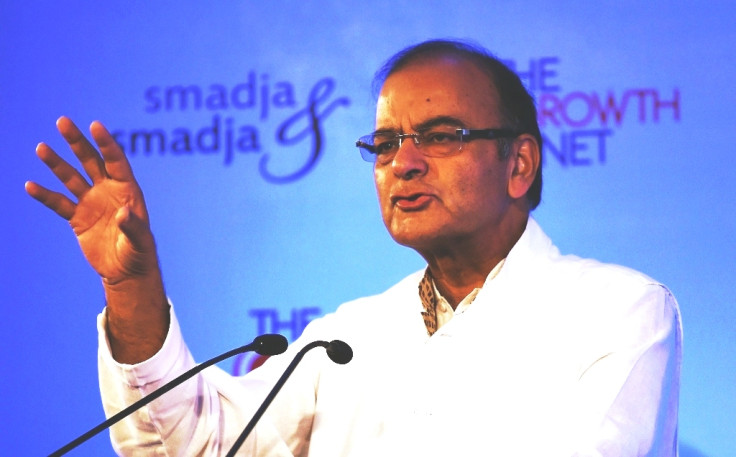India moves to resolve retrospective tax row post equity sell-off

The Indian government has set up a panel to suggest ways to resolve the minimum alternate tax (MAT) row and some other tax issues, according to finance minister Arun Jaitley.
New Delhi's move is aimed at pacifying foreign investors who have been served bills for several years of taxes on previously untaxed gains, triggering a sell-off in the financial markets.
New Delhi is now concerned that its controversial tax demand could drive off foreign investors.
Jaitley, on 7 May, told Parliament that the government was committed to three principles: certainty of taxation, avoidance of retroactive taxation and enabling both domestic and foreign investment.
Jaitley told lawmakers that the regime "will ensure" that the aforementioned "principles are adhered to in letter and spirit".
While India has exempted capital gains made by foreign investors as of April 2015 from MAT, it says tax demands on past income could only be reversed by the Supreme Court.
Some foreign funds have appealed against the ruling in the Supreme Court. UK-based Aberdeen Asset Management has challenged the MAT claim in the Bombay High Court.
Jaitley said on Thursday that the government was looking for an early hearing of those appeals in the apex court.
India's tax office began serving tax demands to foreign portfolio investors late last year, citing a 2012 legal ruling that made overseas funds liable to pay MAT.
India first introduced MAT in the 1990s to ensure companies paid a minimum amount of tax, normally 20% of profits.
© Copyright IBTimes 2025. All rights reserved.




















